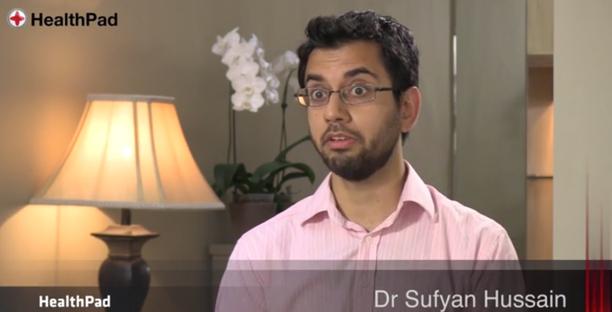|
Shift of power
Traditional providers of diabetes education have yet to appreciate that the information age has shifted the balance of power from health providers to patients.
Mobile devices are ubiquitous and personal. By 2018 smartphone penetration in the UK is expected to be 100%. The over 55s are projected to experience the fastest year-on-year smartphone penetration, and the difference of smartphone penetration by age is expected to disappear by 2020. Further, competition will continue to drive down prices of mobile devices, and increase their functionality.
Over 70% of people living with diabetes regularly use their mobiles to search the Internet for healthcare information, and use social-media to share information about health providers, and educational courses. This is carried out 24-7, 365 days a year.
Traditional providers of diabetes educational courses should be minded that 35% of all patients who use social-media say negative things about health providers, 40% of people who receive such negative information believe it, and 41% say it affects their choices. Social-media is the new frontier of reputation risk for providers of diabetes education.
Takeaways
Traditional providers of diabetes education must become more open to independent service providers, and enhance their digital strategies to make their education offerings smarter, faster, and better.
|





Comments